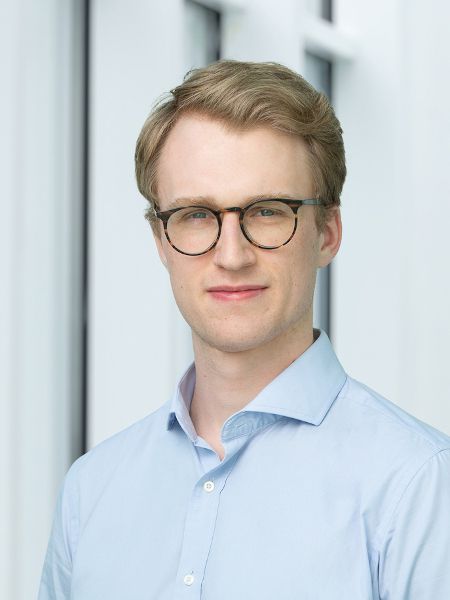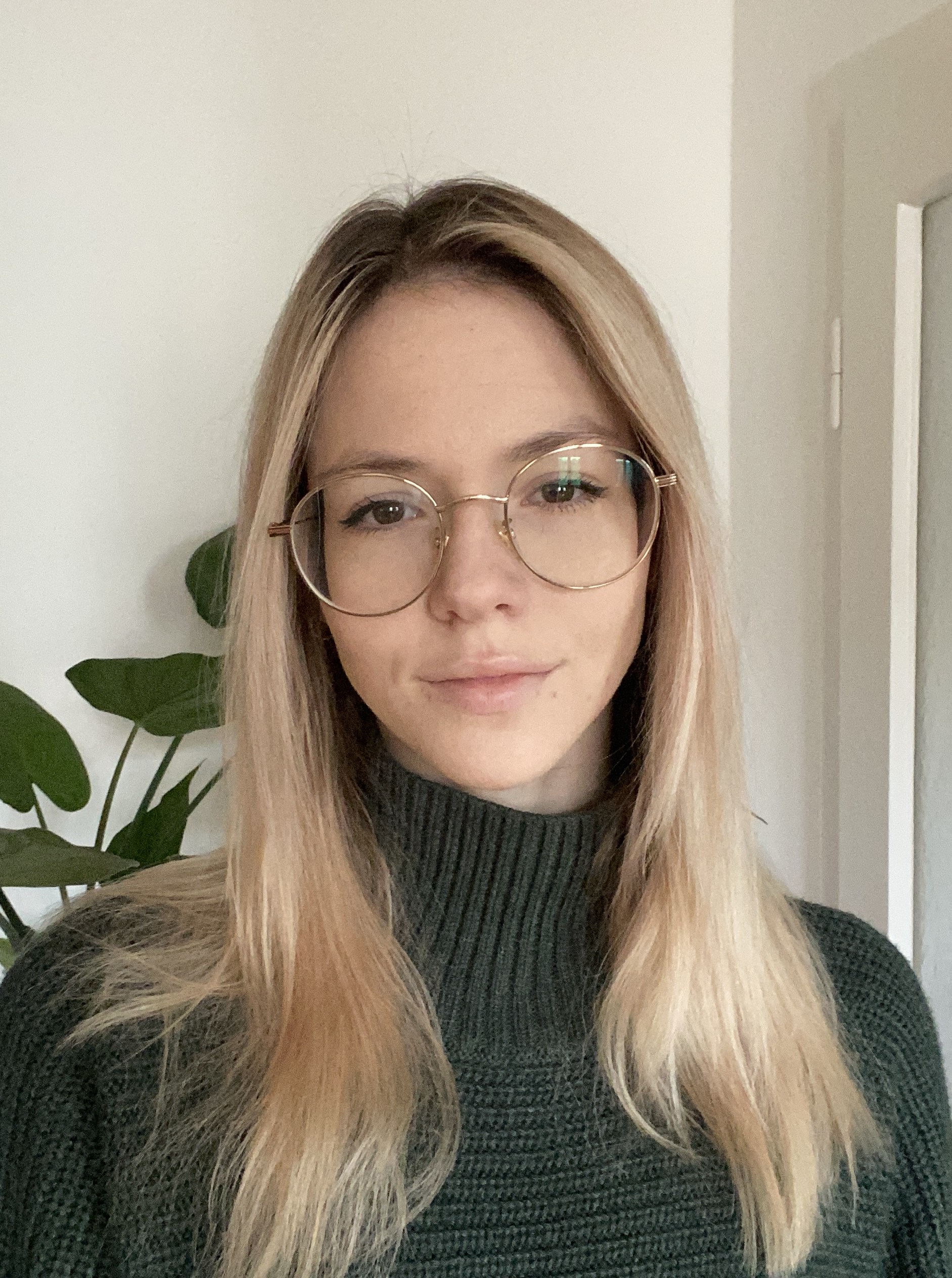Team
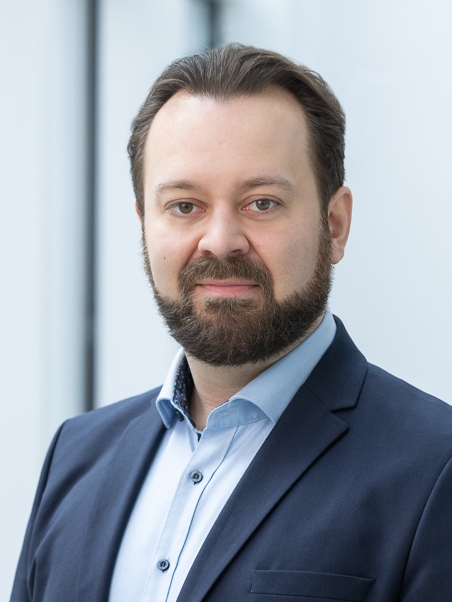
Stefan Wilker
Assistant Professor, Project and Group Manager
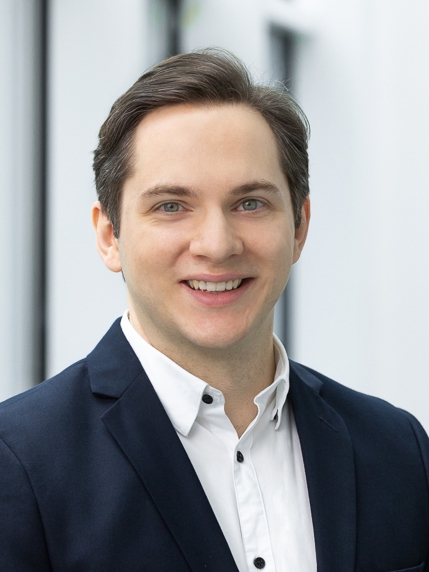
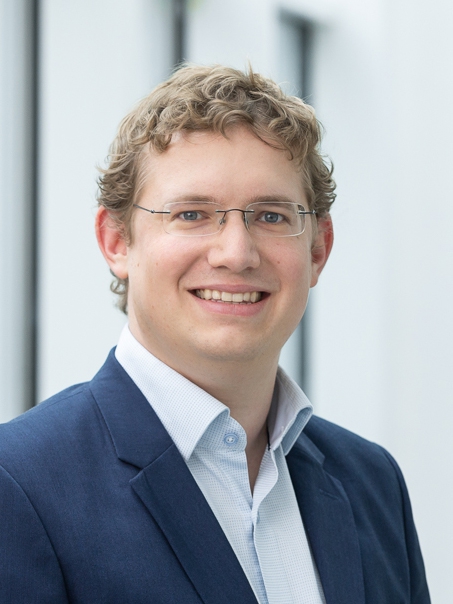
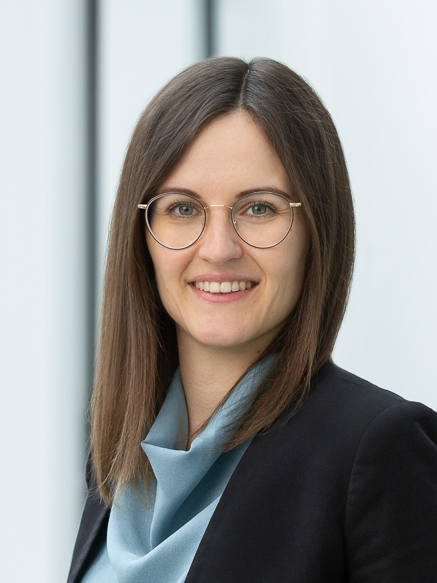
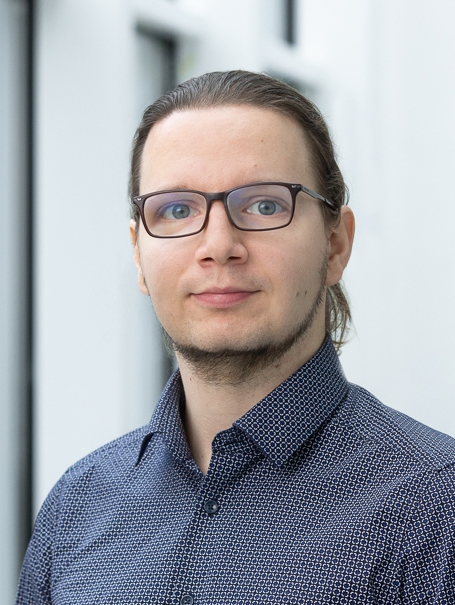
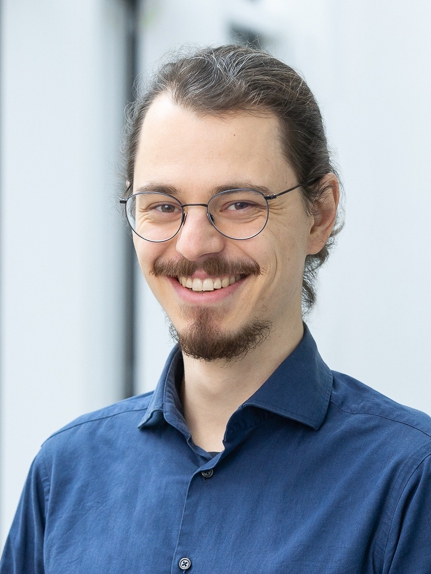

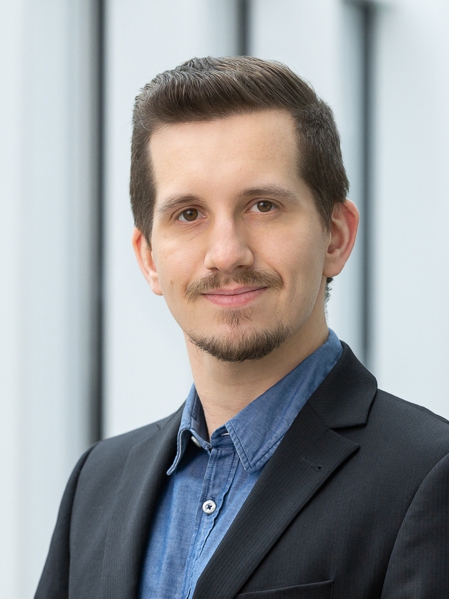
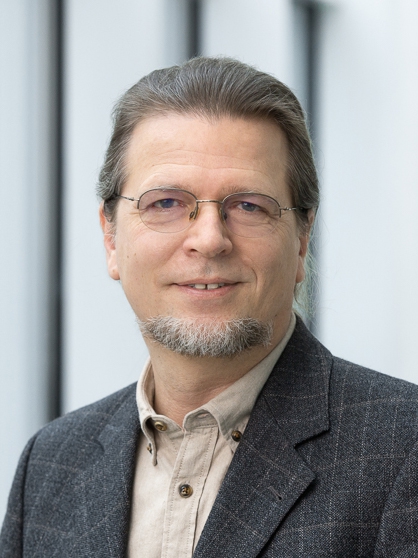
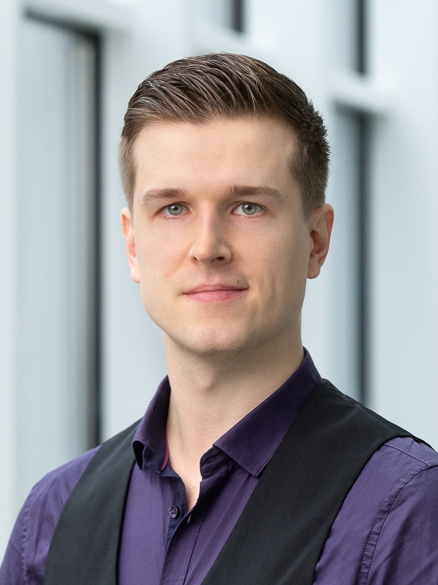
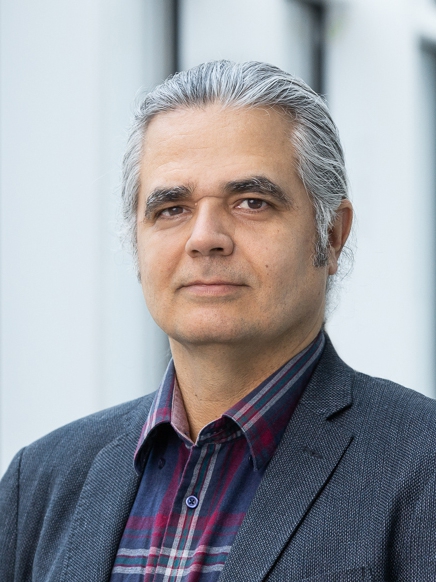
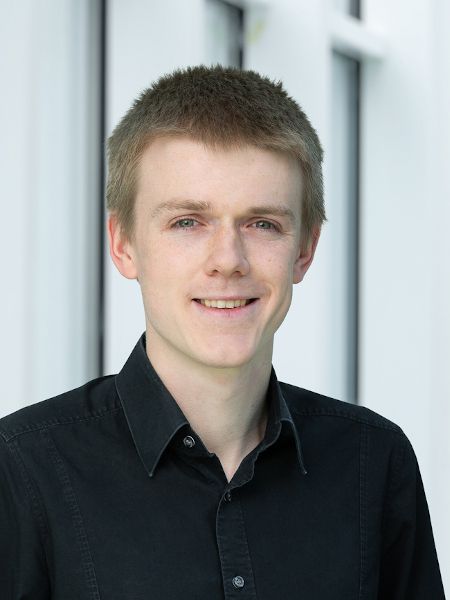
BIFROST Team
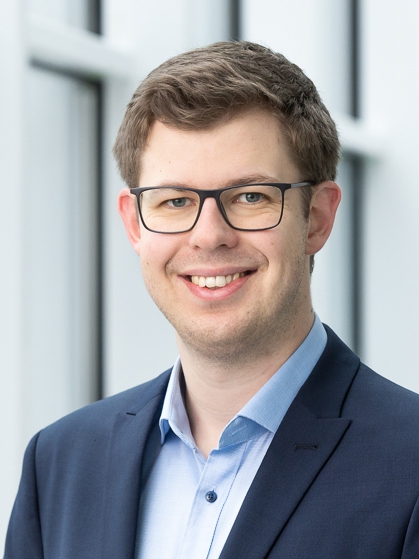
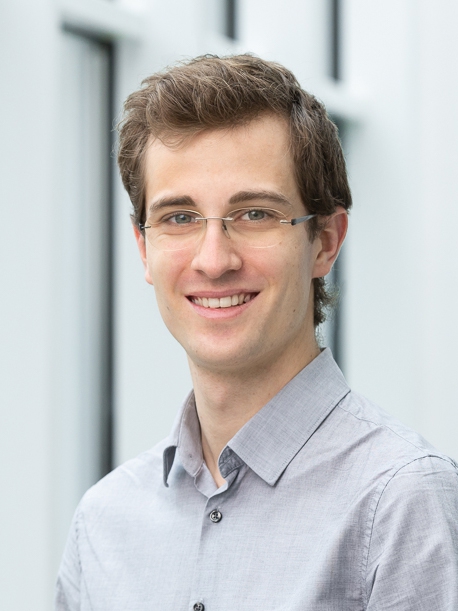
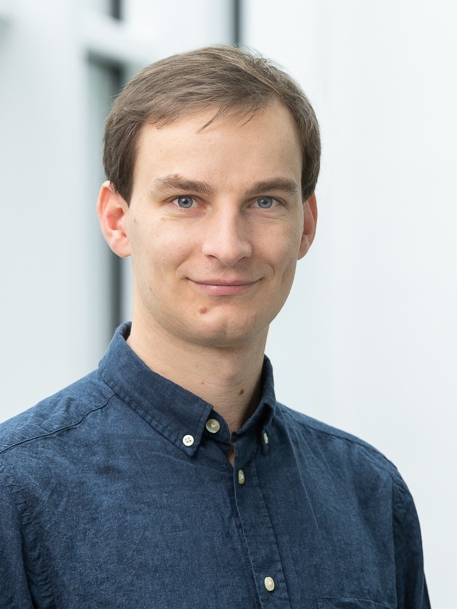
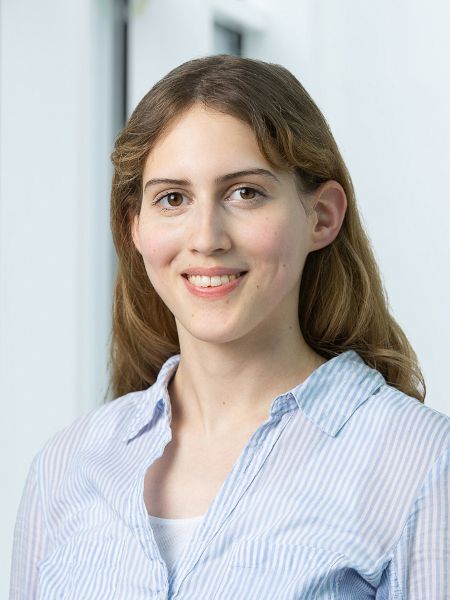
Supporting Colleagues of ICT
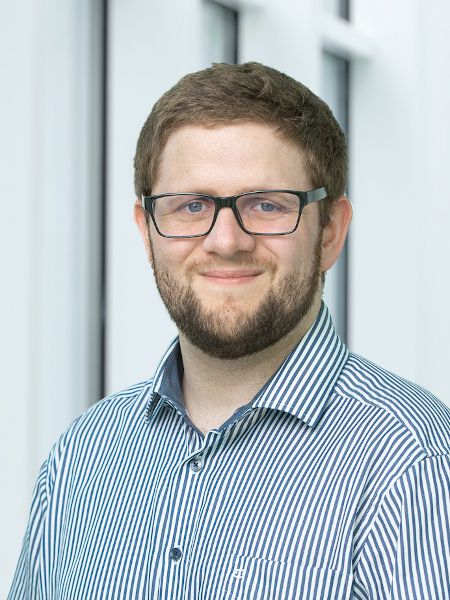
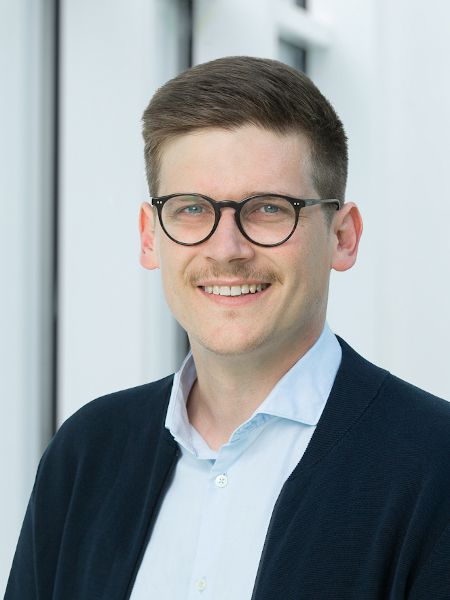
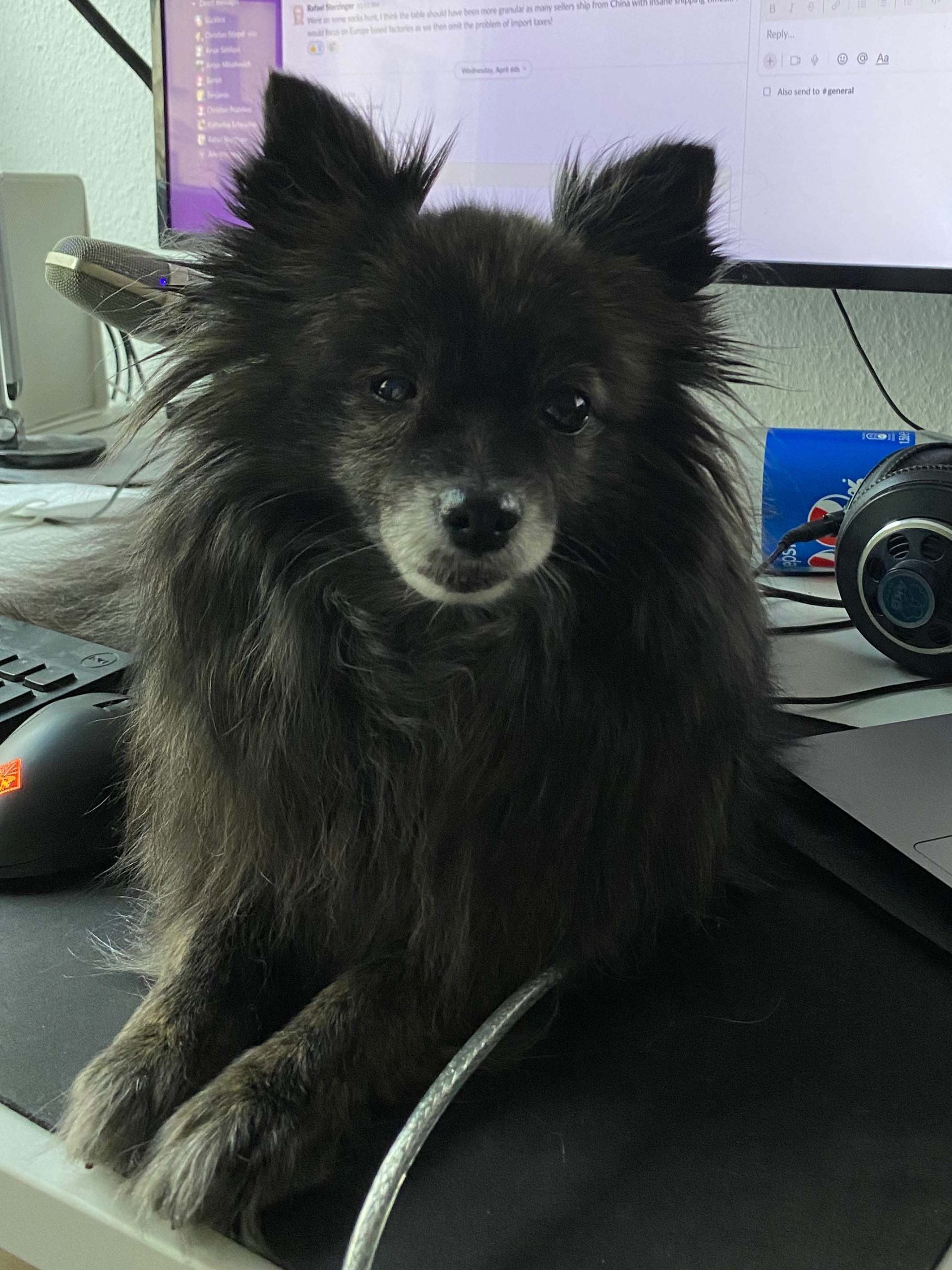
Yuki
Dr. Pomeranian
STEFAN WILKER

INTRODUCTION
Stefan Wilker was born 1988 in Burghausen, Germany and graduated 2013 from the Paris Lodron University of Salzburg, Department of Computer Science with a degree in Applied Computer Science, and 2019 from the master degree program of Media Computer Science at the TU Wien. From 2014 he worked as a project employee besides his studies in multiple research projects, such as iniGrid, RASSA-Architektur, eNDUSTRY4.0, ecoVideoGamesEfficiency, and PinPointIoT. Stefan is currently working as Assistant Professor at the Institute of Computer Technology, with a focus on teaching classes, writing research proposals, project coordination as well as project and group management. With his nearly five years of research project experience, Stefan took over the Energy & IT Group in 2019.
PROJECTS
SONDER | 2019 - 2022
Local and regional energy systems are expected to become important partners for distribution system operators, and significant contributors to energy system stability. There are no control strategies for communities to manage …
CLUE | 2019 - 2022
Local Energy Communities (LECs) will be an important element of the future energy system. These community-led cooperatives cooperate in the production, distribution, storage and supply of energy at local level with the aim to …
cFlex | 2019 - 2022
The structural change from hierarchical energy supply networks with centrally controlled (bulk)-generation to an interaction of steadily growing, decentralized, volatile renewable energies requires novel control concepts. The purpose …
Pinpoint IoT | 2019 - 2021
One of the benefits expected by digitalization of production environments is a tremendous increase in flexibility. The vision is a volatile Industrial Internet of Things requiring only marginal engineering and installation effort. Localization …
SAVE | 2018 - 2020
In the context of Industry 4.0, constantly evolving production systems generate the need for a highly adaptive and autonomous automation system with lean maintenance, minimum downtime, maximum reliability, and resilience. Due …
SPIN.OFF | 2016 - 2019
Concerning energy efficiency, a resilient city also promotes energy consumption at the same spot as it was gained. Therefore, several different opportunities such as Demand Side Management, predictive control of heat and cooling …
KORE | 2015 - 2018
Energy systems in buildings are often operated not energy-optimized. Especially heating, ventilation and air conditioning (HVAC) are inefficiently operated. From the real world it is known that 10% increase of energy efficiency can be reached …
eNDUSTRY 4.0 | 2016 - 2018
Digitalization will change processes, structures, and technologies in companies – just as the roles, tasks, and employee’s methods of working are changing. The „new” levers for increasing efficiency and business success are found …
iniGrid | 2014 - 2018
The aim of the iniGrid project is to develop and validate innovative sensor and actuator components for smart distribution grids. As a consequence of the massive integration of renewables, active capacity management in …
RASSA-Architecture | 2015 - 2017
Motivated by the need to efficiently integrate volatile energy sources, innovative smart grid technologies have been recently developed. This has led to a significant increase in the use of ICT technologies within the electrical power …
PUBLICATIONS
2019
2018
2017
2016
2015
INTRODUCTION
Andrija Goranović was born in 1993 in Eisenstadt and attended the HTBLuVA Wiener Neustadt between 2007 and 2012 with focus on business informatics. During his bachelor studies in electrical engineering and information technology at the TU Wien, he worked as a tutor in object-oriented programming at the Institute of Computer Technology. 2017-2019 he worked for two years as IT consultant with focus on digital transformation. In 2019 he graduated from the master degree program of Embedded Systems at the TU Wien. Since May 2019 he works in the Energy & IT Group as a project assistant, is actively publishing in the research area blockchain and is currently working as project assistant in the ecoVideoGamesEfficiency project.
PROJECTS
SONDER | 2019 - 2022
Local and regional energy systems are expected to become important partners for distribution system operators, and significant contributors to energy system stability. There are no control strategies for communities to manage …
CLUE | 2019 - 2022
Local Energy Communities (LECs) will be an important element of the future energy system. These community-led cooperatives cooperate in the production, distribution, storage and supply of energy at local level with the aim to …
cFlex | 2019 - 2022
The structural change from hierarchical energy supply networks with centrally controlled (bulk)-generation to an interaction of steadily growing, decentralized, volatile renewable energies requires novel control concepts. The purpose …
PUBLICATIONS
2019
2018
2017
INTRODUCTION
Alireza Estaji was born in Sabzevar, IRAN in 1974. In April 1997 he received his BSc. degree in Computer Engineering–Software of the Ferdowsi University of Mashhad (FUM). During more than ten years of his work, he experienced and studied industrial management. In July 2003 he received a certificate for “Industrial Production & Management” study which was recognized as a master degree. He later continued his studies in Executive Management. In December 2011 he finished his studies in Finland, Oulu University of Applied Sciences, as Master of Engineering (MEng) in Information Technology. Since 2013 he is a Ph.D. student at the Institute of Computer Technology, TU Wien, working on multiple research projects, such as SIRIUS+, INGE, or KORE. His dissertations topic is: Street lighting simulation for energy efficiency improvement.
PROJECTS
SPIN.OFF | 2016 - 2019
Concerning energy efficiency, a resilient city also promotes energy consumption at the same spot as it was gained. Therefore, several different opportunities such as Demand Side Management, predictive control of heat and cooling …
KORE | 2015 - 2018
Energy systems in buildings are often operated not energy-optimized. Especially heating, ventilation and air conditioning (HVAC) are inefficiently operated. From the real world it is known that 10% increase of energy efficiency can be reached …
PUBLICATIONS
2019
2018
INTRODUCTION
Thomas Leopold attended the HTBL Hollabrunn from 2005 to 2010 with the focus on electronics and computer engineering. After completing the civilian service at the Red Cross he began studying at the TU Wien at the faculty of Electrical Engineering. During his study he did some internships at companies like Kapsch and Siemens. To gain more advanced teaching skills he tutored students at the ACIN institute in the subject of Messtechnik and later at the ICT institute in the subject of Microcomputer. Starting with April 2017 he has been doing his masters degree in Embedded Systems and is also specializing in power electronics. Beginning with November 2018 he is supporting the Energy&IT Group in different projects like PinPointIoT which is about indoor localization and ecoVideoGamingEfficiency which is about energy consumption of gaming consoles.
PROJECTS
SONDER | 2019 - 2022
Local and regional energy systems are expected to become important partners for distribution system operators, and significant contributors to energy system stability. There are no control strategies for communities to manage …
cFlex | 2019 - 2022
The structural change from hierarchical energy supply networks with centrally controlled (bulk)-generation to an interaction of steadily growing, decentralized, volatile renewable energies requires novel control concepts. The purpose …
PUBLICATIONS
2019
INTRODUCTION
Valentin Bauer started his bachelor studies in Software- & Information Engineering at TU Vienna in 2014 after having finished his secondary education at BG/BRG Piaristen Krems and the civil service as a first-aid worker. Already during his school years in 2011 and 2012 he enjoyed two summer internships building and programming robots at TU Vienna’s Automation and Control Institute (ACIN). Later on, while in his computer science studies, he had three internships at OMV AG (2014, ‘15, ‘16) in different departments at the refinery in Schwechat. During another internship at Erste Group Bank AG in 2016 he dove into the topics of Virtual Currencies and Bitcoin. In 2017 he worked on building a browser tool during his internship at Siemens AG. He also worked two semesters as a Tutor for the course “Distributed Systems” at the Distributed Systems Group (DSG). While working for the software consulting company Capgemini in 2018 and 2019, he gained more experience in programming and system architecture design. In September 2019 he joined the Energy & IT Group as a project assistant and is now the technical project leader for project cFlex.
PROJECTS
SONDER | 2019 - 2022
Local and regional energy systems are expected to become important partners for distribution system operators, and significant contributors to energy system stability. There are no control strategies for communities to manage …
cFlex | 2019 - 2022
The structural change from hierarchical energy supply networks with centrally controlled (bulk)-generation to an interaction of steadily growing, decentralized, volatile renewable energies requires novel control concepts. The purpose …
INTRODUCTION
Roland Stenzl completed an apprenticeship in the mechatronics department at Österreichische Banknoten- und Sicherheitsdruck GMBH (OeBS) in 2008-2012 and completed his vocational qualification exam at the HTL – Donaustadt. In the years 2013 – 2014 he completed his military service. He then worked as a service technician for various banknote counting systems for the OeBS. Since 2015 he has been enrolled in the bachelor program Electrical Engineering and Information Technology and plans to complete this in 2019. He has been employed as a project member at the Institute of Computer Technology in the research department software-intensive-systems in the Energy&IT Group since 2019. In the PinPointIoT project, he deals with the localization by means of directed antennas in a factory setting. He is responsible for programming a simulation and configuration environment in Python.
PROJECTS
Pinpoint IoT | 2019 - 2021
One of the benefits expected by digitalization of production environments is a tremendous increase in flexibility. The vision is a volatile Industrial Internet of Things requiring only marginal engineering and installation effort. Localization …
INTRODUCTION
Gerald Franzl achieved the Dr. techn. (PhD) degree from the Vienna University of Technology in 2015. Since his Dipl.-Ing. (MSc) degree from the same institution in 2002, he contributes to national and international research projects. 2004 – 2007 he was with MEDIORNET GmbH, contributing to the development and launch of the prototype MEDIORNET system. 2008 – 2015 he worked as researcher at the Institute for Broadband Communications, later merged into the Institute on Telecomunications. 2016 – 2019 he was with AICO Software, contributing to the project IES Austria [www.iesaustria.at] on achieving interoperability of Smart Energy Systems (SES). Since February 2020 he is engaged both, at the Center for Distributed Systems and Sensor Networks – Department for Integrated Sensor Systems – Danube University Krems, and at the TU Wien – Department on Computer Technology – Energy&IT Group, as senior researcher contributing to research projects in the SES area.
His research interests span from distributed protocols to smart cooperative control strategies, in particular on joining quality and performance. His current scientific passion is developing, evaluating and analysing novel approaches for SES and the digitalisation of the energy system in general.
PROJECTS
SONDER | 2019 - 2022
Local and regional energy systems are expected to become important partners for distribution system operators, and significant contributors to energy system stability. There are no control strategies for communities to manage …
cFlex | 2019 - 2022
The structural change from hierarchical energy supply networks with centrally controlled (bulk)-generation to an interaction of steadily growing, decentralized, volatile renewable energies requires novel control concepts. The purpose …
INTRODUCTION
Carina Schöfl, born 1991 in Upper Styria, completed cultural anthropology with focus on museums study at the University of Graz in 2015. During her studies she stayed one year in Canada at the University of Montréal to deepen her knowledge. In 2018 she graduated from the master’s degree program of exhibition design at the University of Applied Sciences Graz. Parallel to her master’s degree, she successfully completed a diploma course in event management and worked as a web editor in the press department of the University of Graz. She has been working as an event manager in Vienna since 2018. In February 2020 Carina Schöfl started as a project assistant at the Institute of Computer Technology to organise the ETFA 2020, the International Conference on Emerging Technologies and Factory Automation. Since May 2021 she is working in the projects CLUE, cFlex, SONDER and Factories4Renewables.
INTRODUCTION
Thilo Sauter received the Dipl.-Ing. and Doctorate degree in electrical engineering from TU Wien in 1992 and 1999, respectively.
From 1992 to 1996, he was a Research Assistant with the Institute of General Electrical Engineering at TU Wien TU Wien and was involved in research on programmable logic and analog ASIC design. Subsequently, he joined the Institute of Computer Technology at TU Wien and led the Factory Communications Group.
From 2004 to 2013, he has also been the Founding Director of the Institute for Integrated Sensor Systems at the Austrian Academy of Sciences in Wiener Neustadt, Austria.
Since 2013, he is with the Center for Integrated Sensor Systems at Danube University Krems, Austria. In 2014, he became a tenured Associate Professor for automation technology at TU Wien. His current research interests include smart sensors and automation networks with a focus on real-time, security, interconnection, and integration issues. Dr. Sauter is the Vice President of the Austrian Association for Instrumentation, Automation, and Robotics, an AdCom Member of the IEEE Industrial Electronics Society, and Treasurer of the IEEE Austria Section. He is author of more than 300 scientific publications and has held leading positions in renowned IEEE conferences. He is currently Past Editor-in-Chief of the IEEE Industrial Electronics Magazine and Associate Editor for IEEE Trans. Industrial Informatics and IEEE Sensors Journal.
Moreover, he has been involved in the standardization of industrial communication systems for more than 20 years.
In 2014, he was elected IEEE Fellow for his contributions to synchronization and security in automation networks.
INTRODUCTION
Simon Howind has been enrolled at the TU Wien since 2016. After finishing the bachelor program “Electrical Engineering and Information Technology” in 2020, he enrolled for the Master’s programme “Embedded Systems”. Having already contributed to the cFlex project when writing his Bachelor’s thesis, he joined the Energy & IT group in 2021 and is currently working in the Factories4Renewables project.

